In the spirit of Women's Month and celebrating phenomenal women doing phenomenal work in their respective fields, we chat to Tshepiso Mazibuko, an award-winning South African photographer and artist who uses her camera lens to showcase the politics, society, landscape, and history of our country.
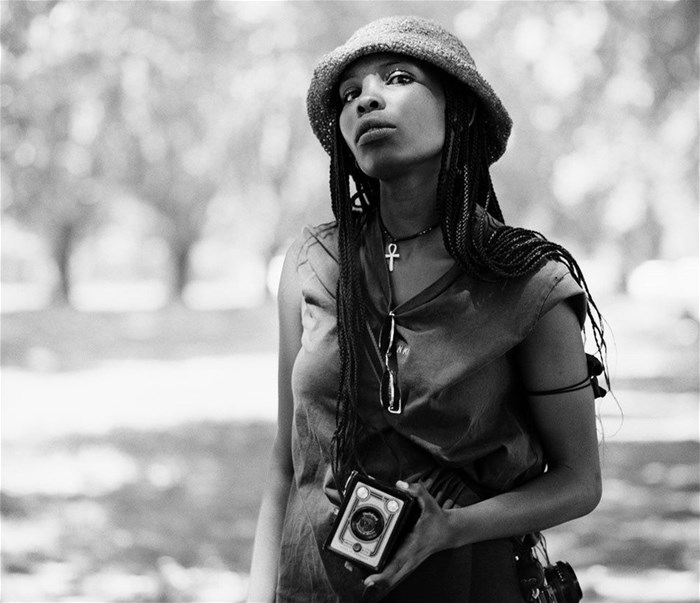
Tshepiso Mazibuko. Image supplied
Mazibuko is an award-winning South African photographer and artist who uses her camera lens to showcase the politics, society, landscape, and history of our country. She powerfully interprets her work and purpose in her video portrait here. Please see her bio and achievements below and a sample collection of her work and artist statement attached.
Born in 1995 in Thokoza, Johannesburg, Thsepiso Mazibuko lives and works in Thokoza. Of Soul and Joy photographer since 2012, Mazibuko graduated from the Market Photo Workshop in 2016, where she teaches from time to time. Her work has been shown numerous times in South Africa and internationally. She is a recipient of the Tierney Fellowship 2017 and received the Prince Claus Fund Award in 2018.
ART(ist) #4 TSHEPISO MAZIBUKO - VUK from Rubis Mécénat on Vimeo.
Find out more about her story...
Tell us a bit about yourself and your background.
I began my photography journey in high school, then studied it formally at the Market Photo Workshop. I’m a photographer by profession but also freelance as a facilitator at the Market Photo Workshop and teach visual literacy at Of Soul and Joy, the social and artistic mentorship programme in Thokoza where I learned about photography.
I would describe myself as a visual poet. I’m still figuring out a definition for this, but photography is a reflection of me and all my complexities. I was following the rules of photography when I began, but I felt frustrated that I wasn’t adding my own voice. I wanted to feel like I was doing something that was true to myself and leaves a legacy. I have never fit in the box of a documentary or a fashion photography.
If I feel a certain way, I photograph it. Not everything has to make sense, but this is part of your journey as an artist.
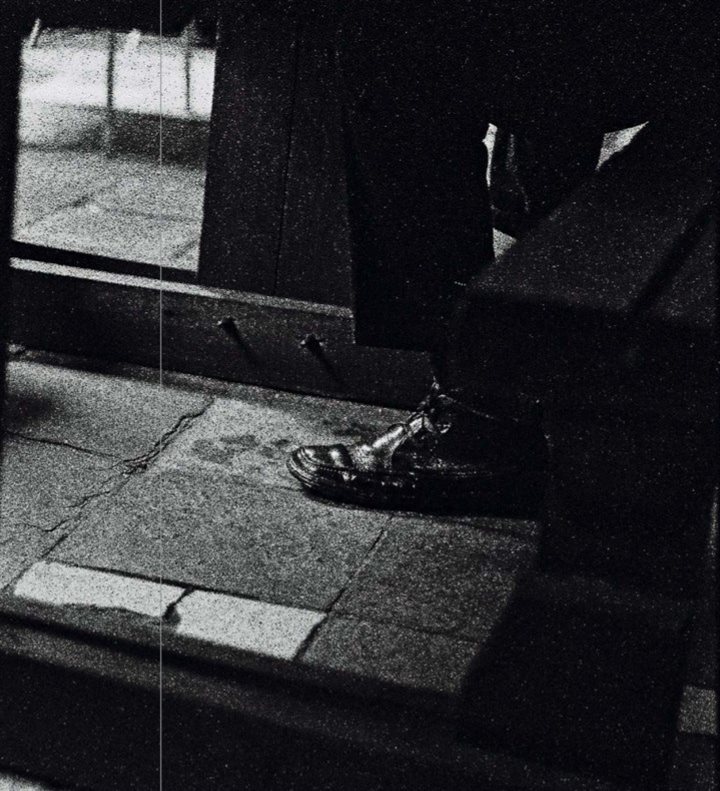
Image supplied
What does a typical workday look like for you?
My work life is very artistic. I’ve been blessed with the opportunity to start at young age which gave me the flexibility to travel and freelance. So there are instances when I’m travelling on residencies for a month or more, but when I’m in Jo’burg, I’m usually found at the Market Photo Workshop or at the Umhlabathi Collective Studios – an inclusive, multi-generational photography initiative in Johannesburg.
At the Market Photo Workshop, I teach under the umbrella of applied photography – essentially marrying the skill and concept of the photography practice. Some of the sessions I run include commercial work, self-portraiture, landscape photography, and concept making
On my more regular working days, I prepare for class before it begins at 9am. Because of how dynamic the curriculum is, I’m able to be creative with my sessions, including using my own work or inviting photographer friends as guest lecturers.
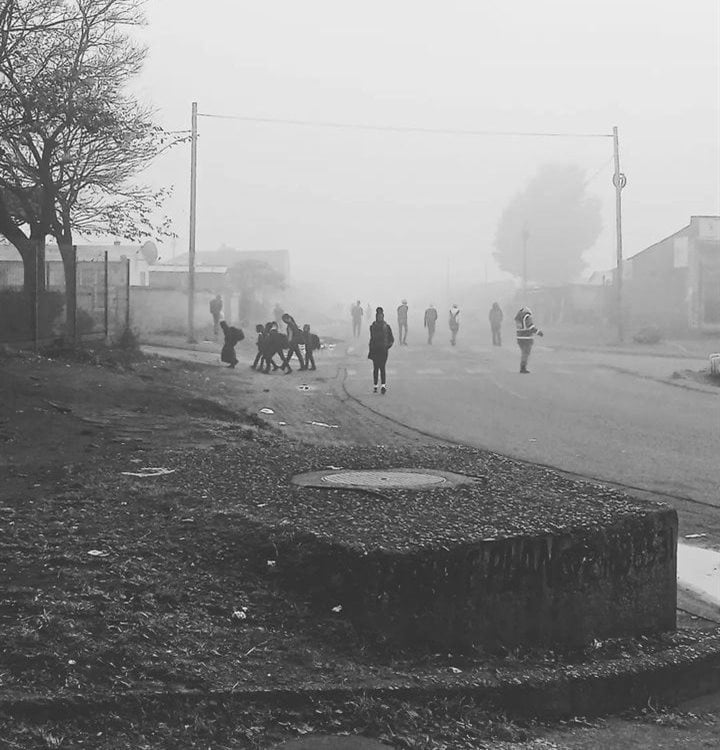
Image supplied
Depending on the number of sessions that day, I’m out by 5pm then head to Umhlabathi to do some personal work. By 7pm, I catch up with fellow artists or attend a show. This may seem weird, but most of my inspiration comes from hanging out in the outskirts with people that would normally be described as outcasts. These are the places where I can be myself the most. I typically take night taxi rides once my day is over. Despite the hassle of fulfilling the counting duties, the front seat is my favourite spot for photographing, of course.
At home, I either carry on with work, read up on stuff, or paint depending on the day.
In addition to being a photographer, you're also a visual literacy teacher. Tell us about this and the importance of visual literacy.
The irony of being a visual literacy teacher is that I am beginning to understand it can’t be taught. I’m in a room with people that already have a creative/photographic eye. I believe that if you are blessed to have the gift of sight, then you are visually literate. If you can see, you are a visual creative! What I am doing is helping my students understand why they see a certain a way.
Photography is an exercise of self-examination.
A student will tell me they are better or more comfortable with photographing others as compared to themselves. You get to understand that maybe it comes from a self-esteem issue that can be overcome when addressed properly, and helps the student better their craft.
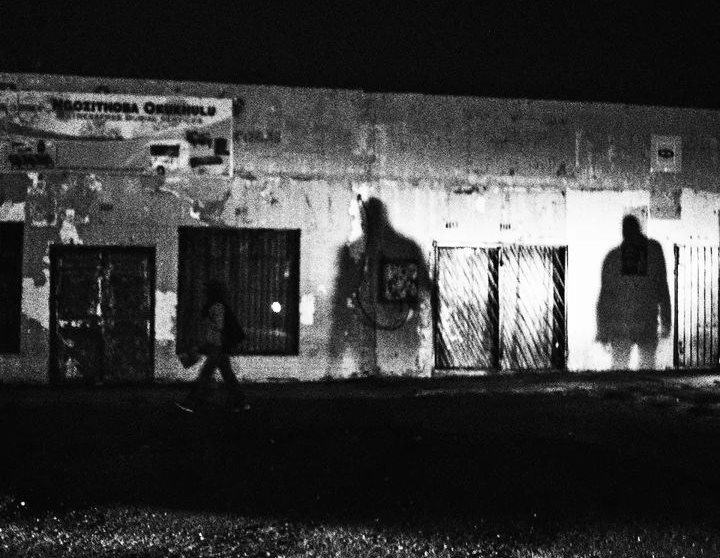
Image supplied
What do you love most about working in the creative sector?
I am not a fan of the corporate rat race structure. It’s totally not for me. Trends in photography and the creative sector are forever changing and can never be tied to one thing. There are so many levels of what is considered to be art, for example we are currently deep in the age of digital art – graphic designers, NFTs, etc - you can become anything you want in this sector. That is why I’m fascinated by it.
For instance, I started off as a creative writer but moved towards photography professionally because I felt that writing limited me to specific concepts and towards addressing a specific audience. Photography allows me to relate to anyone in any way, and as a naturally free thinker this helps me not to get tied down by any ideology.
What do you see as the major challenges and opportunities ahead in the industry?
For me, personally, it’s the grey area between art as a creative outlet and art as a business. I think it’s an area that most artists or photographers should be taught to navigate. After all, there needs to be a balance between genuine art and the world of business that has silenced so many powerful voices in the art world for the bottom line.
Where, do you believe, does the value lie in a diverse, inclusive work environment, particularly in terms of female representation?
Honestly, I think it’s time we let go of that narrative. I sympathise with the struggles of my fellow female practitioners but being the person I am, it annoys me every time I am referred to as a “female photographer “ or “female” anything.
I believe that the labelling in itself is also a reinforcement of suppression as our work should be able to be looked at on the same level as our male counterparts.
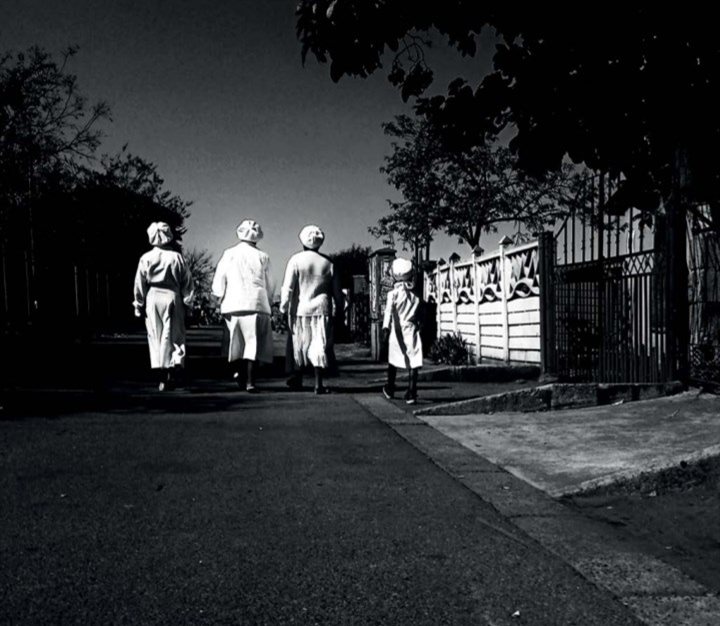
Image supplied
As a teacher, I am able to see and experience the value of fostering a diverse, inclusive work environment. I never thought I would become a teacher and I’m constantly learning different ways of teaching. This is because I learn from my students every day. They challenge my perspectives all the time. I make it a point to tell them that they are not my students, but we are rather fellow artists. I want to be able to experience their world as they experience and learn from mine.
Based on your experience, what advice would you give to women pursuing a career in photography today?
Go for it, but be realistic! I believe that it is important to first take care of yourself and the art will follow. During Covid-19, I struggled with depression because suddenly, the international travel and all the perks that came with photography residencies disappeared. As the first person to access these incredible opportunities from a family of hustlers in the township, I had forgotten that this was my reality. I realised that I had to be true to myself and to take care of my real purpose/interest in photography. I took myself out the box of expectation by not just I did not just taking pictures for recognition in galleries and residencies.
Two other nuggets of advice I have:
When in great trials, you must remember that your people are always there.
Don’t hide your battle scars, they contribute to your new person.
Do you have any pearls of wisdom to share this Women's Month or words of encouragement?
A quote from the Addams Family goes, “What’s normal for the spider is chaos for the fly.” Life has its good and bad days, but it’s always about your perspective – how you approach or look at the things that happen. Shift your gaze!
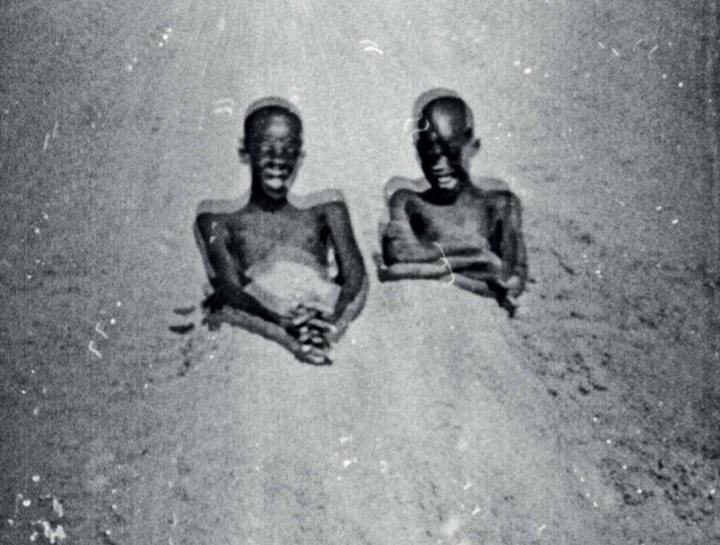
Image supplied
I leave your readers with the words of Nina Simone for strength:
“To be young, gifted and Black,
Oh what a lovely precious dream
To be young, gifted and Black,
Open your heart to what I mean
In the whole world you know
There’s a million boys and girls
Who are young, gifted and black,
And that’s a fact!”















































